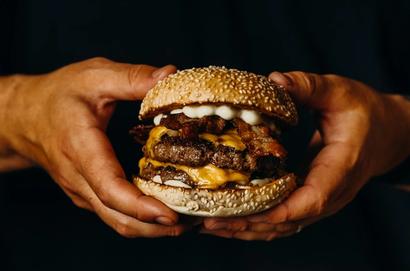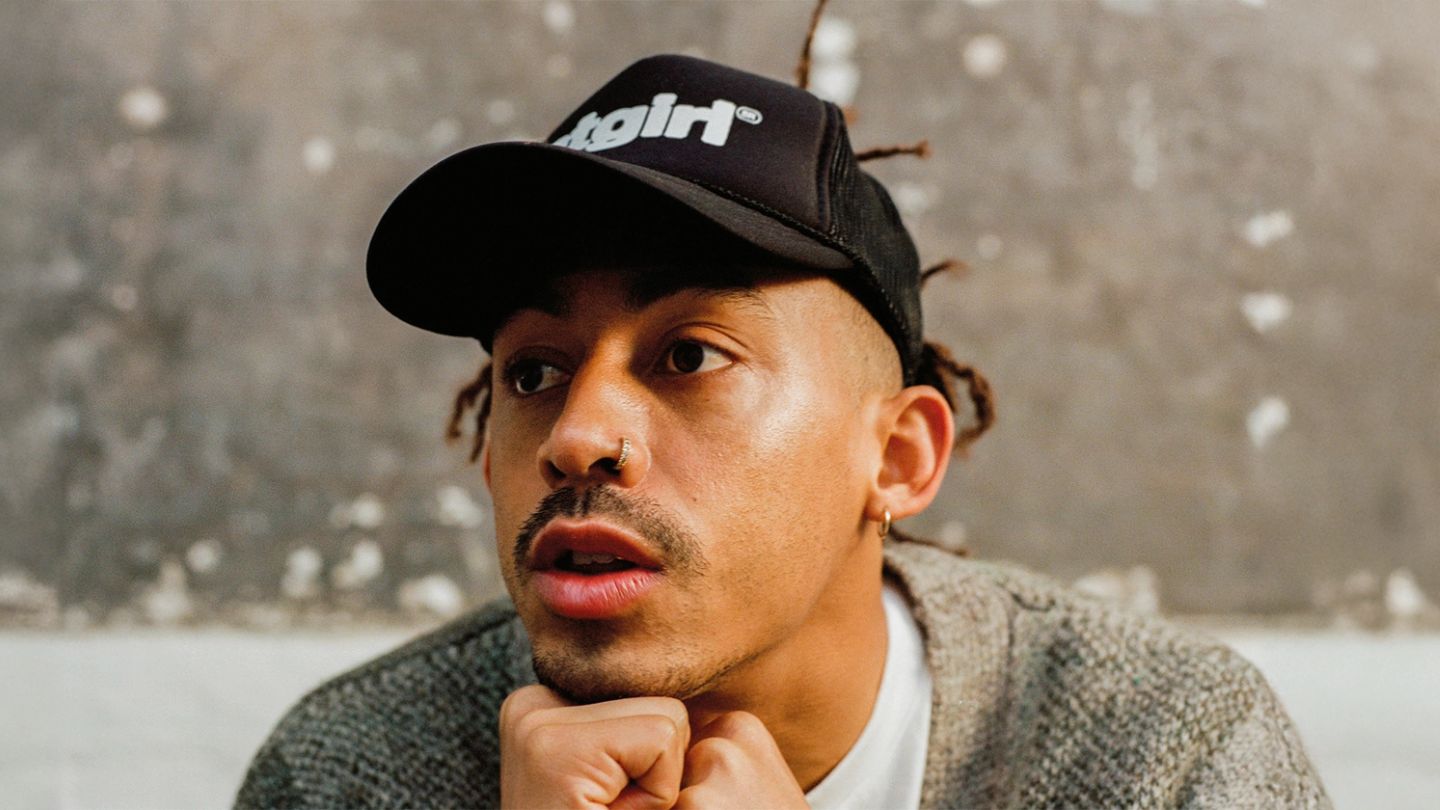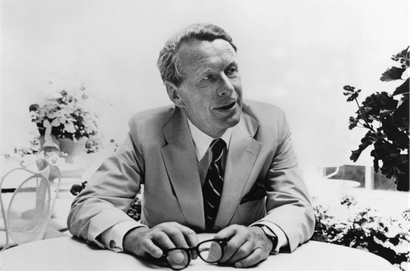

Words: Joseph Bullmore
Photography: Charlie J Doherty
Jordan Stephens’ new book is a memoir that reads like a thriller. Short sentences. Present tense. Enigmatic chapters. The sense that one is being pulled towards some dramatic, terrifying denouement right at the centre – an incident of infidelity flagged at the very start. It is a compelling ride, made all the more exciting by two things: Stephens’ complete candour, about himself and those close to him (“I just said to my mum and dad that it’s important I’m honest and truthful, because otherwise what’s the point?”); the fact that this is Jordan Stephens we’re talking about here.
Many people of my age will feel like they sort of grew up alongside Stephens – one half of the lovable teenage sensation Rizzle Kicks, whose rapid rise to fame (they sold more than 600,000 copies of their first album, becoming a headline act overnight) was followed by a certain maturing in the public eye (at one point, notably, via a viral piece in The Guardian about masculinity at the height of the #MeToo scandal). All the while “trying desperately to follow a group of total strangers to a moderately famous person’s house,” he writes. “Just to do more drugs. And entertain empty possibilities.”
To learn that this roller coaster was not at all simple or relaxing is unsurprising – but it is illuminating (and often personally useful) to watch Stephens navigate it all on the page in real-time. Perhaps that’s what makes Avoidance, Drugs, Heartbreak & Dogs such a compelling proposition to confused and frustrated young men – 34-year-old ones, at that.
Image: Getty
“When Rizzle Kicks started, I was with my best mate and we drank loads of alcohol and we had more money than we could have dreamed of. The hedonism of those first four years was great. I’d be lying if I didn’t say it wasn’t fun, but what I have spoken about since is the reality that every high comes at a price. The pressure that comes with public notoriety, without the right understanding of self, completely compounds on itself.
We blew up so quickly. We were literally playing to nobody and then suddenly, Radio 1 played our music and one month later, it all changed. I’ve had a pretty wild life, met a lot of people and I love learning and I’m very curious. But, in all honesty, if I have a kid in the future, I would actively discourage them from chasing attention in their 20s. I really think that a person has a little bit more of a chance if they are just to bide their time a bit, to know themselves, to go through life a little before being thrown into it all.
The loss of anonymity that comes with fame is still a loss – there’s still a grief of some kind to feel as though you can never go back to blending in. But the real kicker about power and notoriety, I find, is that it’s so fickle. It’s a tangible currency. You fall into this world where you’re measured based on either achievement or association. So if you’re popping, it’s great, but my god – there’s always bigger fish. Always.
Image: Getty
I think ‘brutal’ is probably the most used word from across all the reviews I’ve had for the book. Not that it’s predominantly brutal to other people, but to myself. I have to be. One day I’ll die and both my parents will die and everyone involved in this will die. And then someone will still have this book and no one will think that I held back on something because I was a little bit worried that my mum might be upset for a few days. I think the most cutting thing about the book is just that the truth is sometimes pretty fucking wild.
So many conversations that are had in public, even with all this social media candour, are still bizarrely pretty taboo. I think that male experiences – the heteronormative, obsessive thoughts, idiocy, or vulnerability – they’re not really looked at. I think they’re either made into a joke or vilified.
Culturally, there are no reference points for male friendship or emotional tribulations between men without it either being joked about, or being an incredible story within something, like a mass drug dealing empire or a war. The only reference point we had in the UK for a young man growing up is The Inbetweeners. That was so funny, but it’s like, really? The only cultural reference point for men is three idiots laughing at their own penises?
Talking about the men crying thing [the idea that men should cry more] at this point is just ridiculous to me. The fact that’s even a question is insane. All of your tears will live inside you forever if you don’t let them out. If you don’t cry, you will struggle with life. I say that with massive amounts of empathy for men who struggle to cry. I’m at a point now where I’ve gone to therapy and I’ll experience something and I can feel it. And I still wish I had a clear channel here to just get it out because then I wouldn’t have to be so stressed. It takes a lot for me still to cry, but my god – the relief when I do is incredible.”
This feature appeared in Gentleman's Journal's autumn 2024 issue. Read more about it here...


